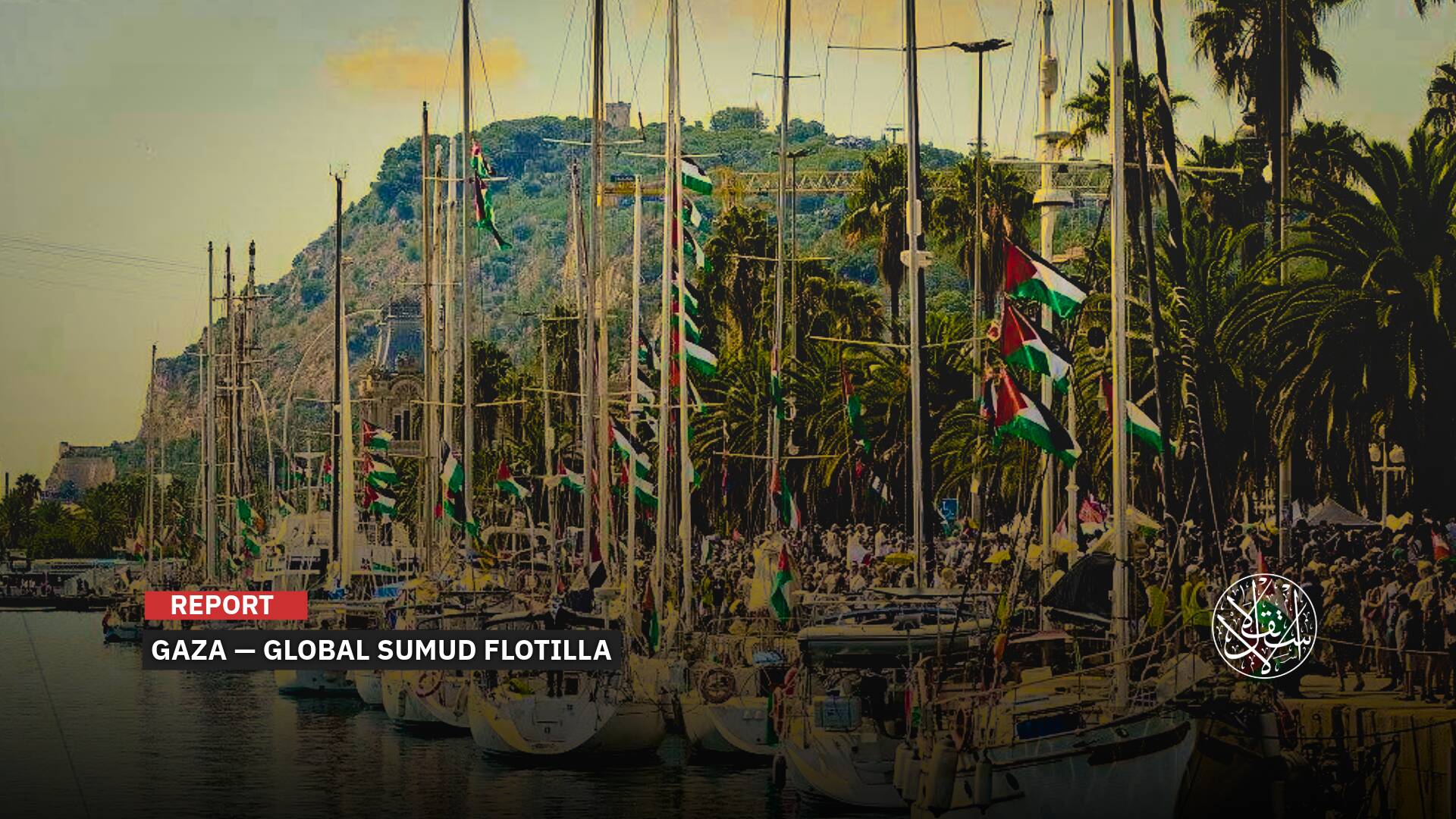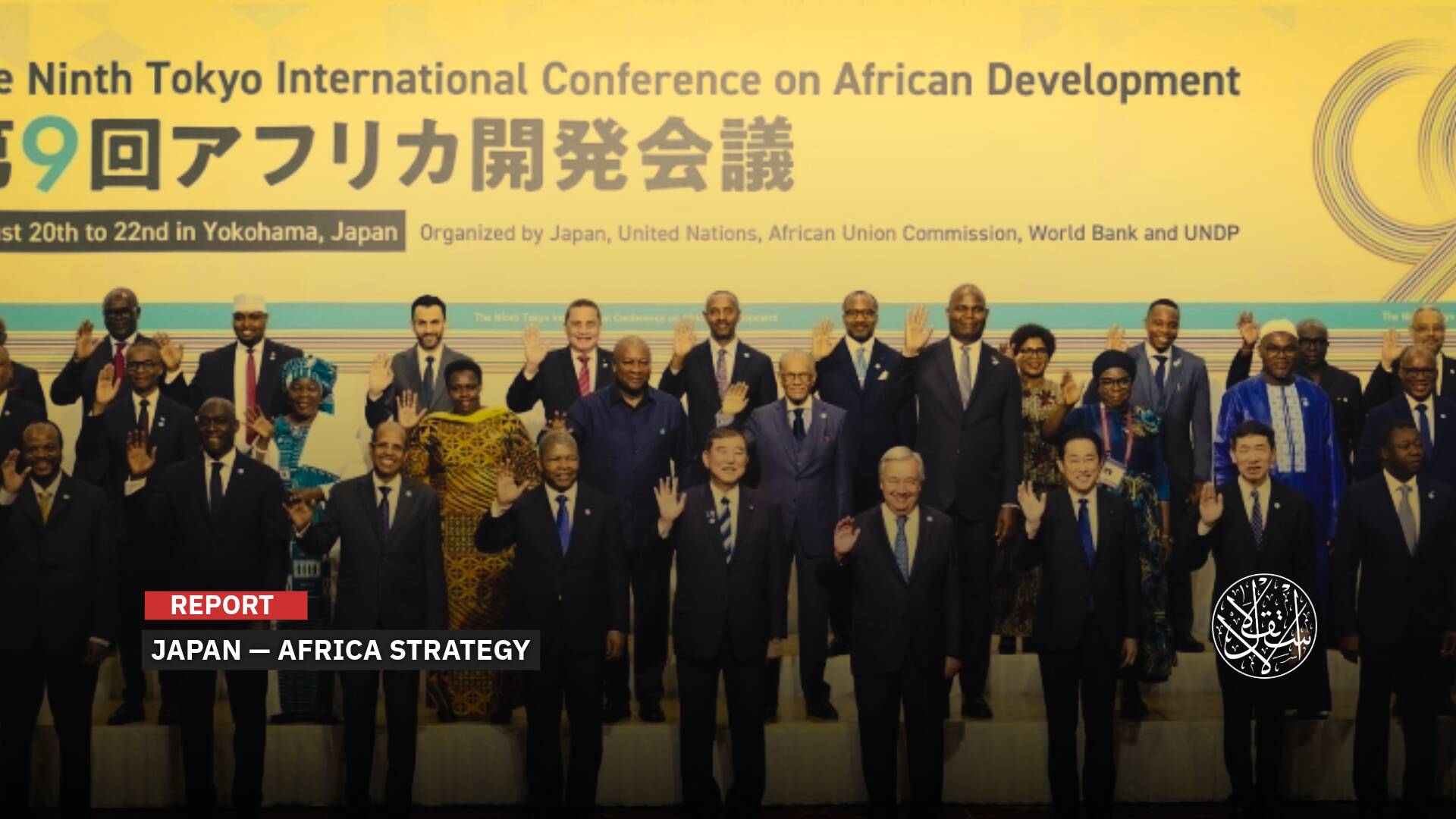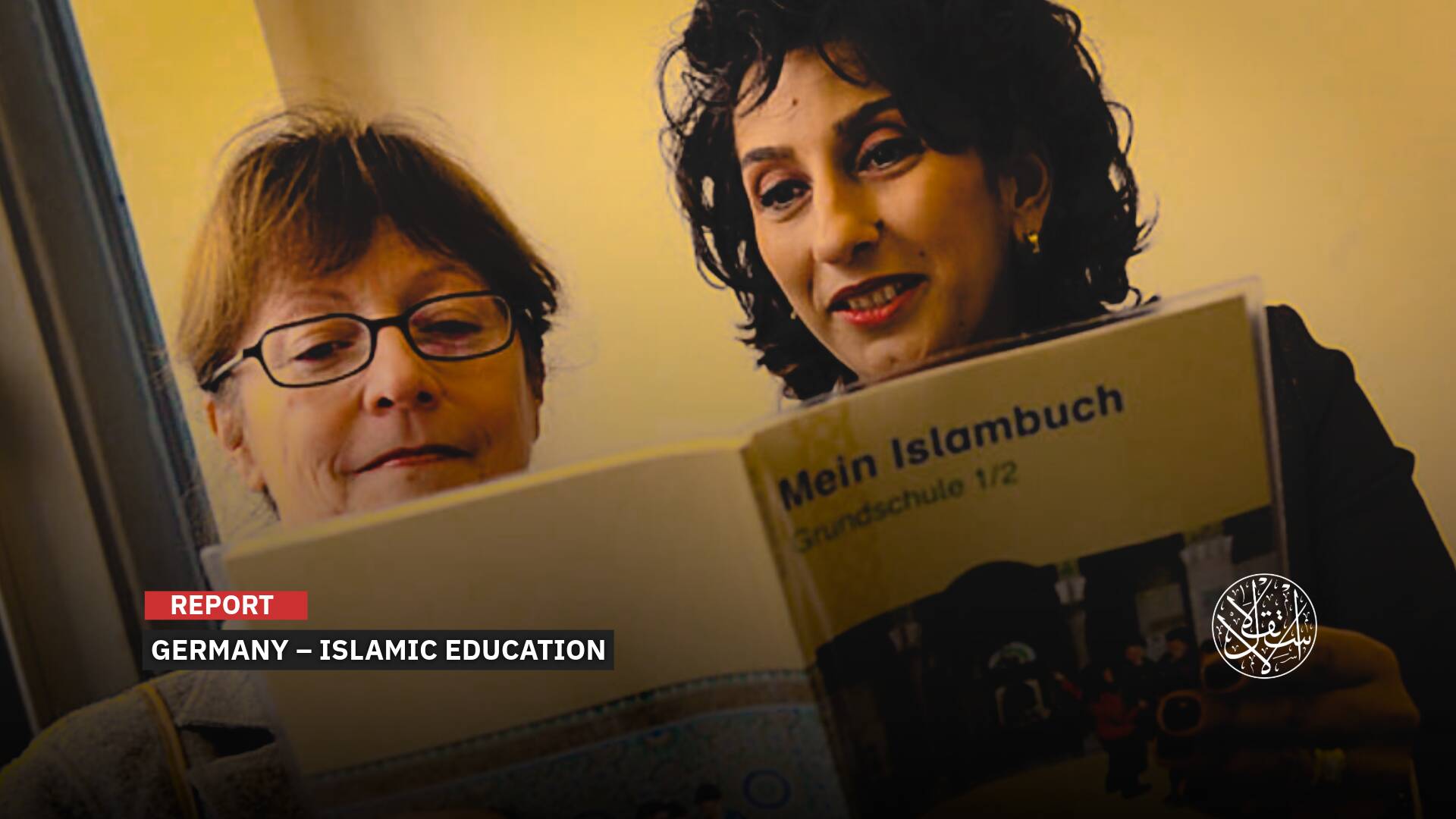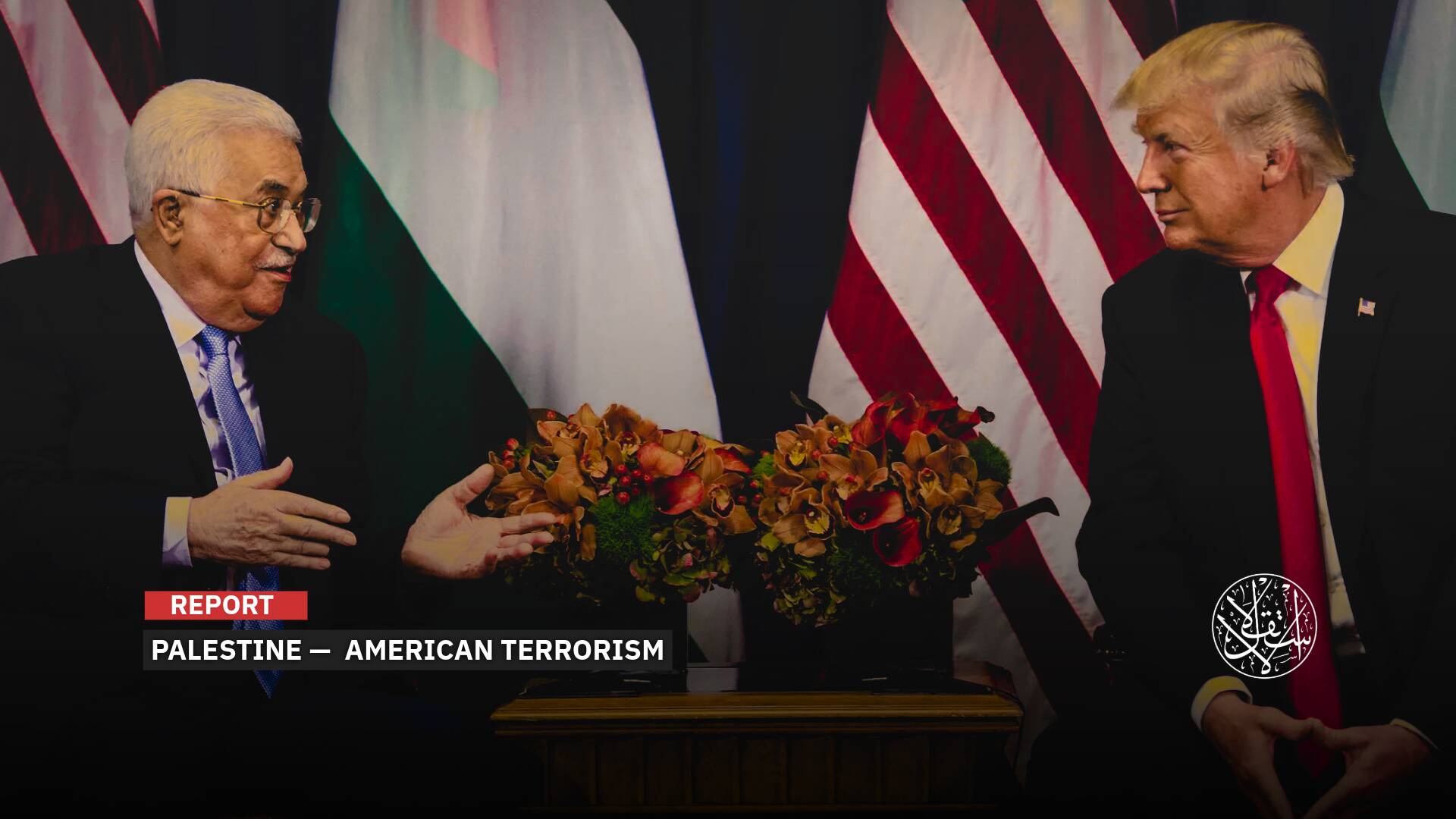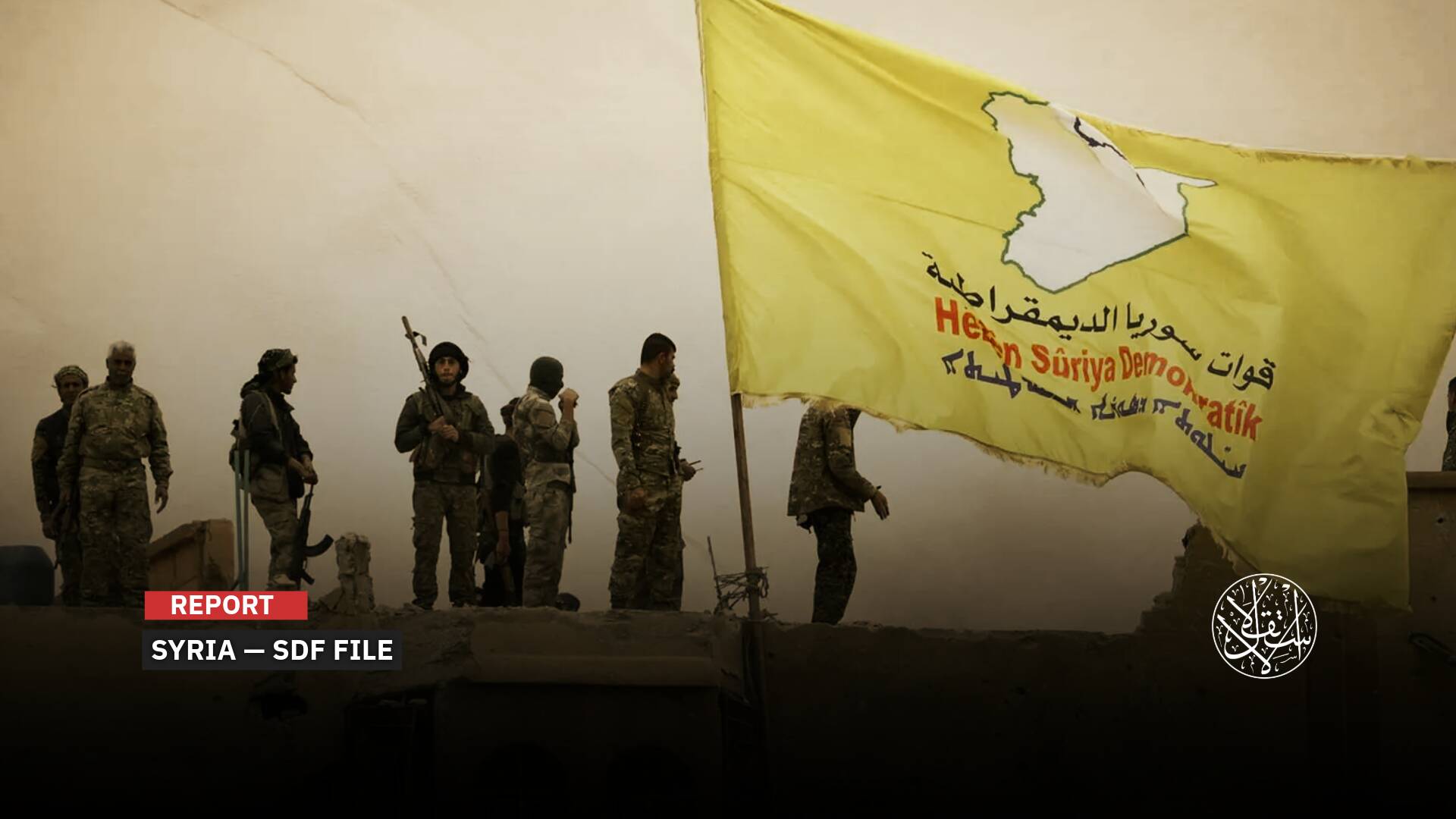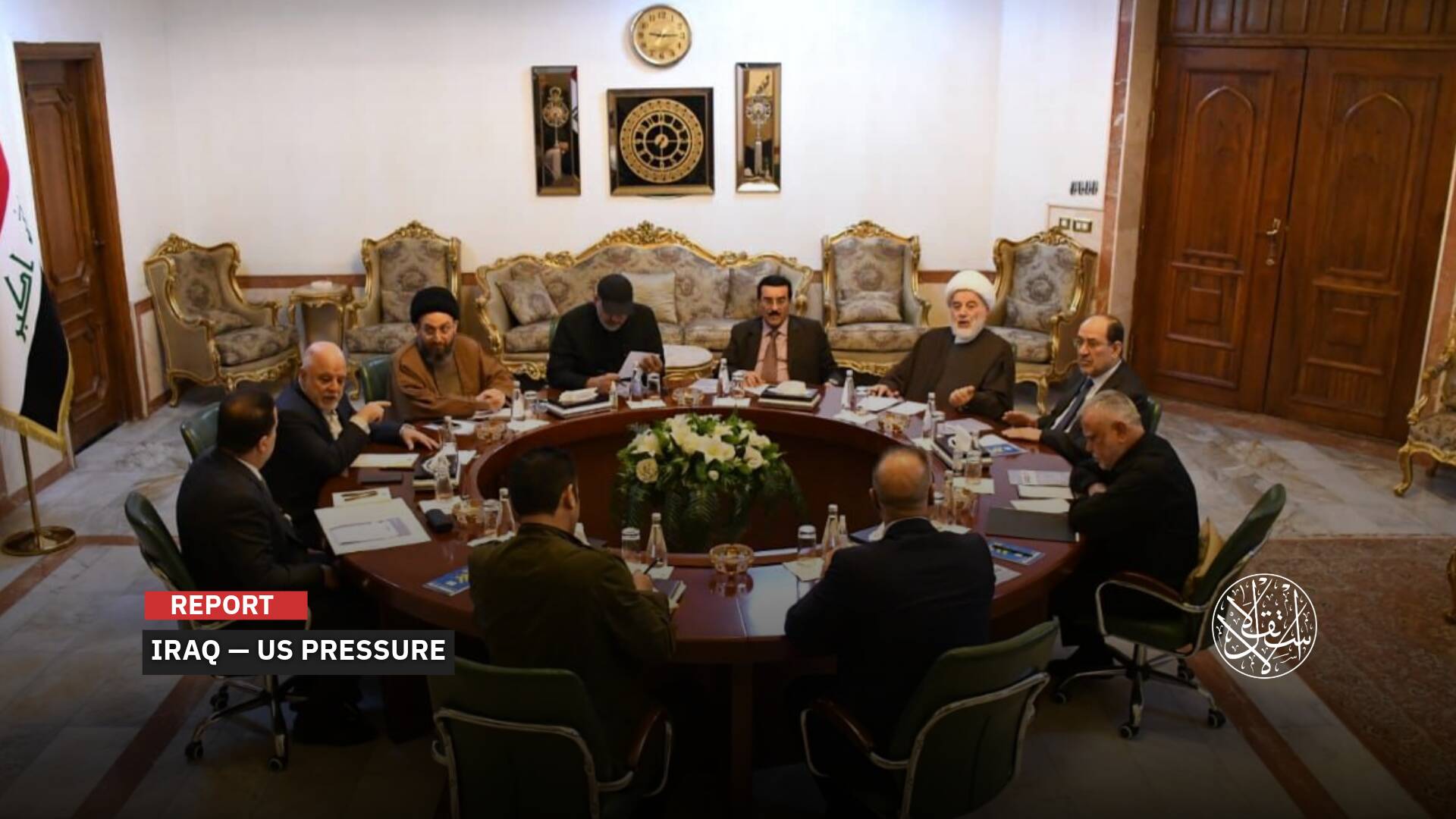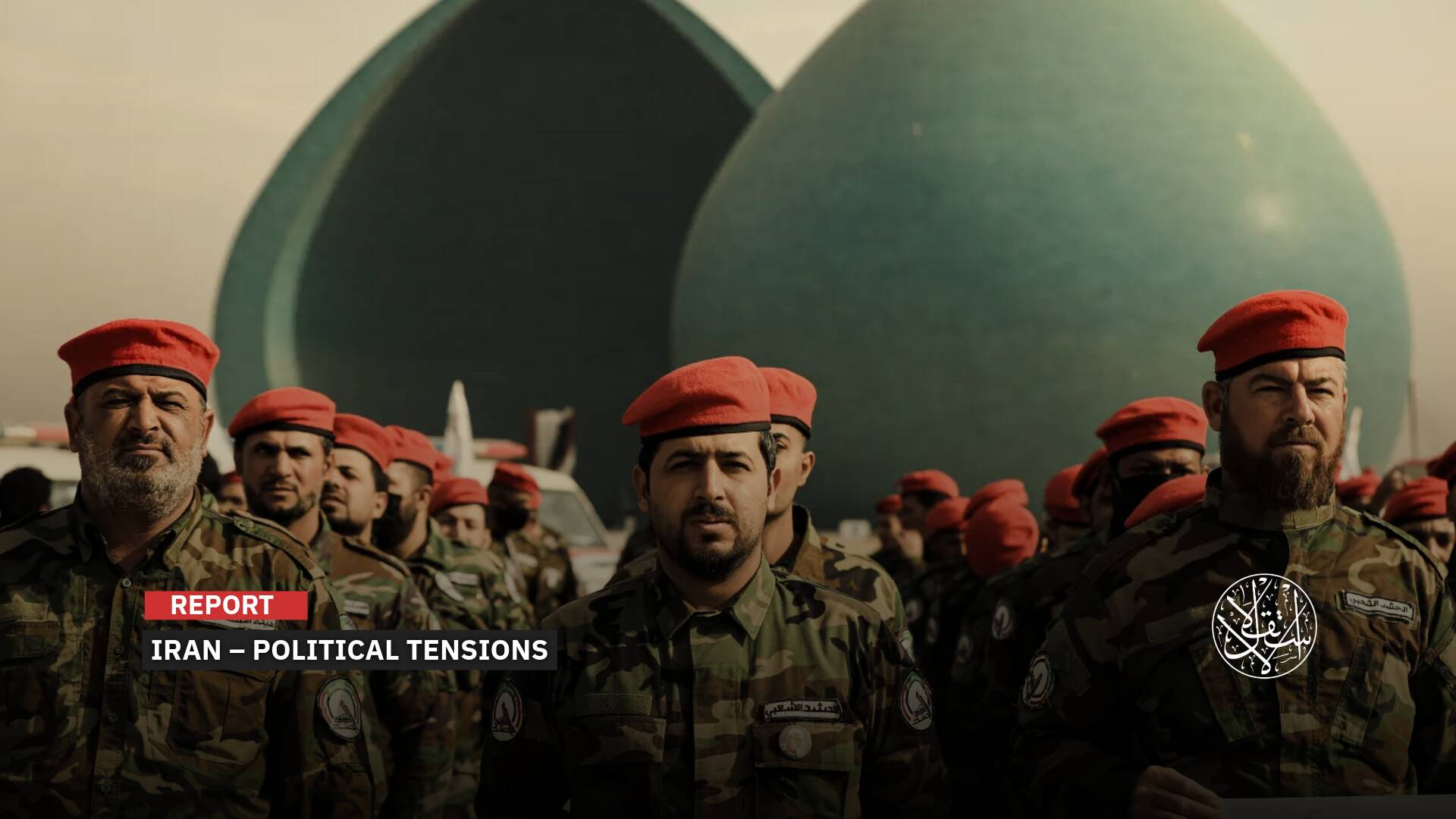Turkiye Suspends All Trade with 'Israel': What Are the Repercussions for Both Sides?

Nothing remains but hostility between Turkiye and “Israel”
After nearly 7 months since the Israeli aggression in Gaza, Turkiye dealt a heavy blow to "Tel Aviv" when it announced on May 2, 2024, the complete suspension of joint business activities.
Turkish President Recep Tayyip Erdogan emphasized that the decision to halt trade with "Tel Aviv" was primarily aimed at compelling Israeli Prime Minister Benjamin Netanyahu to ceasefire in the Gaza Strip.
Erdogan, during his reception of the board of directors of MUSIAD in Dolmabahce Palace in Istanbul, stated, "No one can bear the curse of more than 40,000 children, women, and elderly people killed in Gaza.
"We have one goal, which is to compel Israel, which has gone out of control with Western military and diplomatic support, to ceasefire."
Decisive Decision
The next day, the Turkish President, in response to journalists' questions, said, "As Muslims, we cannot stand idly by what is happening. We have taken the necessary steps."
Erdogan described Netanyahu as "ruthless" in his treatment of children, women, and the elderly. He emphasized, "The volume of our trade exchange reached $9.5 billion, but we ignored it and closed the door."
Ankara's proclamation of economic sanctions against "Israel" raised questions about the reasons and timing after 7 months of the devastating Israeli aggression on Gaza and its impact.
More importantly, will Turkiye pay the price politically and economically for its stance?
In light of what the Turkish Ministry of Trade described as the "aggravation of the humanitarian tragedy" in the Palestinian territories and especially in Gaza, Turkiye announced the suspension of all its commercial transactions with "Israel."
Turkish Trade Minister Omer Bolat stated that the suspension of trade with "Israel" would continue until a permanent ceasefire is secured in Gaza and humanitarian aid flows unimpeded to the Palestinians there.
He emphasized that his country would not back down from its decision until uninterrupted and sufficient humanitarian aid to Gaza is ensured.
Bolat mentioned that the decision of sanctions comes within the second phase of the state-level measures, by stopping all products exported to the occupied territories, and that the measures will be implemented rigorously and decisively.
"Israel" ranks 13th on Turkiye's list of exports, according to data from the Turkish Statistical Institute for the year 2023.
Data from the Turkiye Exporters Assembly also indicated that Turkiye's exports to "Israel" decreased by 21.6 percent in the first quarter of 2024, just a few months after the start of the aggression on Gaza.
Trade Relations
The Turkiye Exporters Assembly data showed that Ankara exported to "Tel Aviv," between 2011 and 2020, iron and steel, automotive industry products, chemicals, textiles, raw materials, and finished clothing, electricity, electronics, cement, glass, ceramics, soil products, furniture, and paper.
Turkiye also exported grains, legumes, oilseeds, and their products, ferrous and non-ferrous metals, textiles, and raw materials to the Israeli Occupation state.
Statistics also indicated that "Israel" imported from Turkiye $3.684 billion worth of passenger cars, as well as various other types of vehicles.
It also imported $2.737 billion worth of crude oil (petroleum oils and oils extracted from continental minerals).
Gold and jewelry products also held an important position among the products Turkiye exported to "Israel."
Turkiye and "Israel" have free trade agreements dating back to the mid-1990s, and the free trade agreement between them has been in force since 1997.
Under this agreement, trade in industrial products between the two governments has been exempt from customs duties since January 2000.
Despite many skirmishes between Ankara and "Tel Aviv" since the Justice and Development Party came to power in 2002 under the leadership of Recep Tayyip Erdogan, economic relations have remained as unaffected as possible, experiencing fluctuations between ups and downs.
The Times of Israel newspaper reported on May 2, 2024, that all trade agreements with Turkiye are now being violated.
Turkiye's first steps to restrict its economic relations with "Israel" were on April 9, 2024, when it imposed restrictions on the export of 54 products, including cement and aircraft fuel.
The Turkish Minister of Trade also announced in December 2023, two months after the aggression, that trade between Turkiye and "Israel" had decreased by about 50 percent since October 7 of the same year, compared to the same period in 2022.
Bolat attributed it at the time to the low interest of Turkish businessmen and traders in requesting Israeli products after the aggression on Gaza.

A Significant Step
The pressing question arises: How impactful will Turkiye's series of decisions be on the volatile Israeli economy since Operation al-Aqsa Flood, carried out by the Islamic Resistance Movement (Hamas)?
Economic researcher Ahmed Youssef believes that "because of October 7th, Israel is facing one of its toughest crises in recent years, including the COVID-19 crisis and the Russo–Ukrainian war."
In his interview with Al-Estiklal, he said, "For Israel, the Turkish move is dangerous and impactful, as imports from Turkiye amount to $7 billion, which is a substantial figure."
"The major issue is that Turkish imports to Tel Aviv are not consumer-oriented, where damage is limited to the consumer, but they are raw materials that enter into the core of the Israeli industry, thus having a series of serious negative effects on the economy of the Israeli Occupation state."
Therefore, the Ministry of Foreign Affairs of Israel formed a special team to study these effects and find alternatives to Turkiye.
According to data from the Federation of Israeli Chambers of Commerce, Turkiye's import mix includes the following: (metals 27%, electrical machinery and equipment 13%, plastics and rubber 9%, stone, gypsum, glass, cement 8%, automotive spare parts 7%, mineral water 5%).
Turkiye is the Israeli Occupation's fourth-largest supplier of goods after China, the United States, and Germany, according to the Israel Central Bureau of Statistics.
Therefore, the local Israeli economy will find it challenging to deal with the Turkish boycott.
Ynet News, affiliated with the Hebrew newspaper Yedioth Ahronoth, in a report published on May 4, 2024, stated that the decisions to halt trade represent a direct reflection of Erdogan's anti-Israeli policy in the Middle East, which has intensified greatly during the war.
In statements to the American Alhurra website, Turkish foreign policy expert at the National Security Studies Institute at Tel Aviv University, Gallia Lindenstrauss, mentioned that in recent years, Turkish-Israeli trade relations have created a kind of puzzle in theories of economic interdependence and stability.
She said that the puzzle revolves around the idea: How can there sometimes be extremely hostile political relations while trade relations thrive?
She emphasized that both parties always made sure to separate politics from economics, despite the tensions overshadowing their scene, but the volume of trade between them remained unaffected.
The Extent of Damage
According to the Israeli expert, with the recent Turkish decision, trade relations have departed from the previous equation, claiming that the loss will hit both sides, leaving nothing but hostility between Turkiye and "Israel."
However, there is another aspect to consider: What consequences will Turkiye face as a result of these decisions, as every action carries its own price?
Quickly, the Israeli Occupation state responded to Erdogan's decisions, as on May 3, the day immediately following the imposition of sanctions, the Ministry of Foreign Affairs of Israel decided to take a number of measures, the first of which is to halt trade between the two governments.
Among the main steps announced, reducing any economic relationship between Turkiye and the Palestinian Authority and Gaza.
Ankara is the largest importer from Palestine (the Palestinian Authority), and its total imports from the Palestinians amount to about 18%.

The ministry also announced that it will appeal to international economic forums to punish Ankara for violating trade agreements.
Yisrael Katz, Israeli Foreign Affairs Minister, stated in response to the Turkish decision, "We win and they lose."
Supporting the discussion of Turkish losses with figures, Mustafa Gultepe, the president of Turkiye Exporters Assembly, declared, "There are companies that manufacture between 70 to 80 percent of their exports to Israel, and if the export ban continues for a long period, they will face a major problem."
The Turkish businessman emphasized in statements quoted by the opposition newspaper Sozcu, "The state must protect us and cover our losses."
"It is not easy to cover a loss of 6 billion dollars that may occur due to the halt in exports to Israel," Gultepe added.
The Turkish government's decision to halt trade with "Israel" has sparked various reactions.
While some Turkish business associations support the move, others criticize it. The Turkish Ministry of Trade's decision is seen as a significant step towards imposing a blockade on "Israel," with some Turkish business leaders emphasizing the humanitarian aspect of the decision.
There have been protests against the Turkish government's economic normalization with "Israel," with political analysts attributing the ruling party's recent electoral defeat to its stance on "Israel."
This shift in Turkiye's approach towards the Israeli Occupation reflects broader political reforms initiated by the ruling party, aiming to strengthen Turkiye's foreign policy stance.


